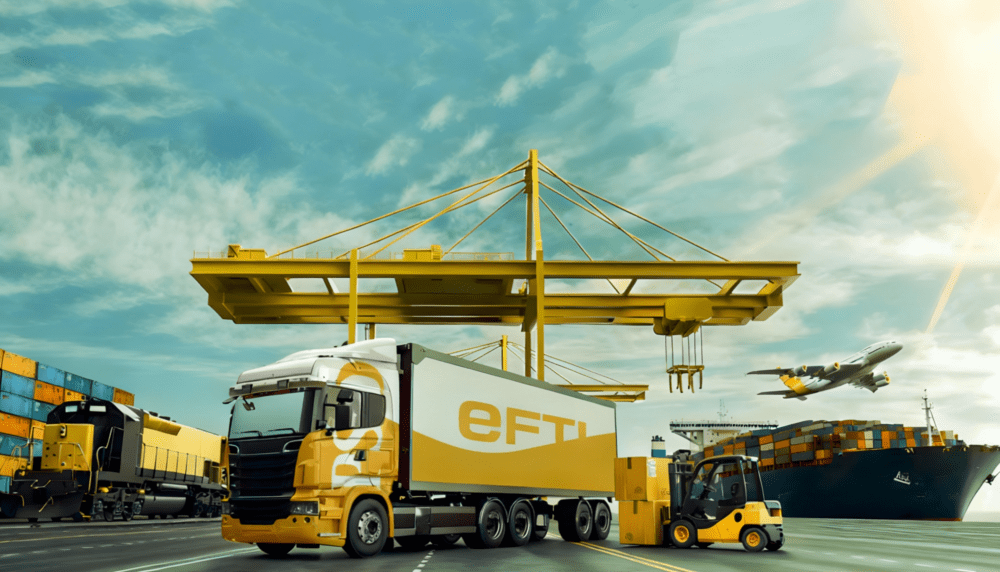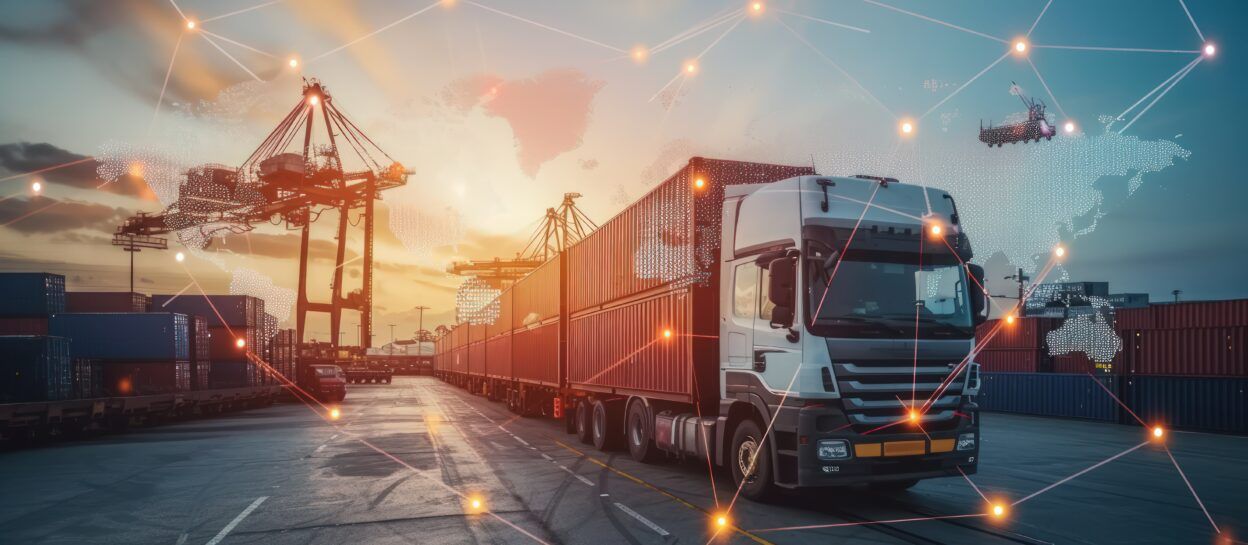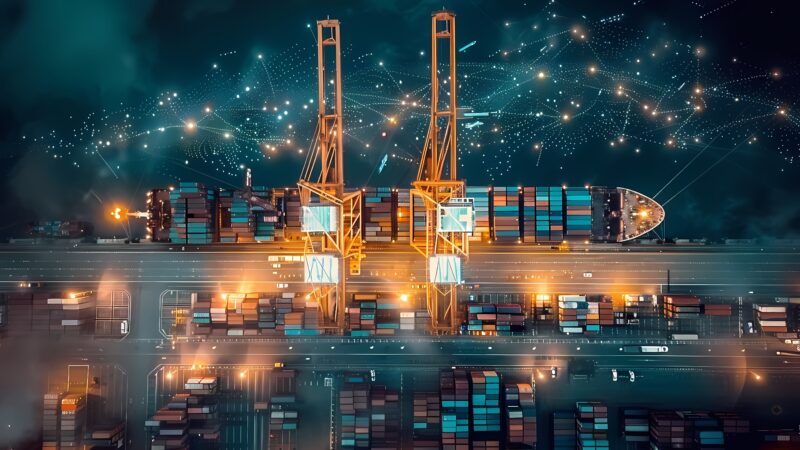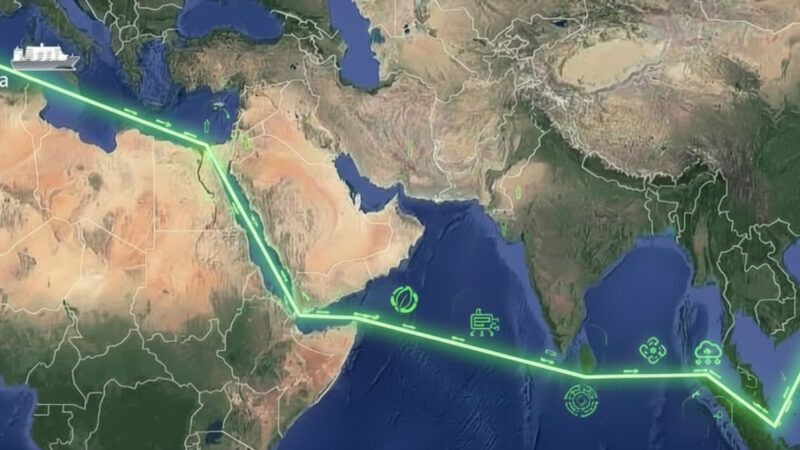
Electronic transport documents: from regulation to digital transformation
The eFTI regulation is about to radically transform the transport sector in the European Union. After many years of discussions, the time for practice is finally approaching. This change is not just a regulatory matter: it represents an authentic digital transformation that opens a new horizon of possibilities for the sector.

Xavier Lluch is an independent consultant in transport, logistics and foreign trade.

"Electronic documents"...
We should put "documents" in quotation marks, because the introduction of the electronic version will in fact change the conception of their usefulness. We will no longer talk about documents but rather data sets, a significant change that revolutionizes the way information flow associated with transport can be managed, from the preparation of transport orders to service invoicing.
The eFTI regulation: foundations and timeline
Adopted in 2020, the eFTI Regulation allows the replacement of paper B2A transport documents with electronic data, covering roads, railways, inland waterways and certain aspects of aviation. The regulation and its implementing provisions are practically complete, with only those referring to platform certification pending, which are expected to be published before the end of this year.
- From July 9, 2027, EU authorities are obliged to accept digital information in a standardized, machine-readable format, with a human-readable option when necessary. During the first six months of 2026, eFTI platforms wishing to be certified will be able to apply, in time to complete the process before 2027.

Objetives of the eFTI regulation
The regulation has the following main objectives:
- Reduce administrative burdens
- Increase operational efficiency
- Ensure harmonized regulatory compliance throughout the EU
To achieve these objectives, the eFTI Regulation requires the development of eFTI platforms by private sector participants, national eFTI portals by Member States, and interoperable systems between public and private actors. All systems must comply with common technical specifications, as established in the implementing and delegated acts issued by the European Commission.
The situation in Spain
Although the regulation does not impose obligations on the private sector throughout the EU in a first phase, each country can act to promote or mandate operations under its jurisdiction. In the case of Spain, since 2013 there has been an obligation to establish, in road transport, a "Control Document," an administrative document containing almost the same information as appears on consignment notes.
Currently there are two legal texts under consideration that affect this issue:
- The Sustainable Mobility bill, which provides for the mandatory requirement that the control document be in electronic format (bill pending approval in Parliament)
- The draft Royal Decree which modifies various matters, including the mandatory requirement that the control document be in electronic format
Summarizing the content of the two propositions:
- The control document will be mandatory in electronic format
- Companies using electronic consignment notes (or CMR) may use this consignment note as a control document, provided it contains the required mandatory information
- In technical aspects, the provisions of the eFTI regulation and implementing provisions will apply
- Entry into force: Although still uncertain and dependent on the publication dates of the Law and Royal Decree, it is foreseeable that it will be in the first quarter of 2027
Beyond regulation: a disruptive change
The most important thing is that we now have a standard in the EU transport sector, which includes all transport systems except maritime. We will stop talking about "documents" to refer to transport "data sets." A fundamental difference that opens the way to a whole new horizon of possibilities.
Although in a first phase it is not mandatory for the private sector, what it creates is a data standard that will extraordinarily facilitate the management of transport operations throughout the EU. It is a giant step that opens up a whole potential for cost reduction and efficiency in the treatment of operations.
The new possibilities
- Data continuity: The same data set follows an operation from the draft of a transport order to invoice settlement. The computerized processing of data allows cost reduction, time and error savings, through data reuse.
- Real-time information: Instead of a document on which data travels, it is permanently available to interested parties in the transport chain, radically shortening the life of the associated information circuit, which simplifies the resolution of doubts and avoids claims.
- Efficient administrative control: Public administrations can control operations and plan infrastructures in a much more efficient manner. The regulation provides which information is accessible to different authorities and under what conditions they can access it.
- Global vision for operators: Private operators (shippers, carriers, intermediaries, trading platforms...) have computerized access to all their transport operations, regardless of who has intervened, since the data is standard. A truly disruptive change that allows efficient management of large amounts of information that until now were fragmented.
- Interoperability: All platforms or virtual markets have the possibility of exchanging data to the extent that they all work with the same standard. If we also consider current technologies that allow managing large volumes of data, the possibilities that open up are difficult to imagine.
- Efficiency and sustainability: The process of assigning loads to vehicles can be made much more efficient, with corresponding reductions in emissions and costs.

The replacement of paper document with "electronic documents"
Certified eFTI platforms will offer services that will allow deployment in a few weeks. Like any computer application, it will require a certain adaptation, file creation and parameterization, testing and connections with the company's internal applications.
- However, the introduction of electronic documents involves various functions and departments within companies, and entails modifying work routines and procedures. It is not a minor issue and requires the involvement of general management.
We don't work the same way as when we wrote "on a typewriter" (remember?) Properly using innovations, especially if the process involves multiple functions or departments in the company (or interacts with third parties), requires a certain amount of time.
The digitalization of information flow
The introduction of data sets and standard procedures opens new possibilities for managing operations. We have at our fingertips a technology that allows us to imagine a new organization of transport. The eFTI regulation is the basis for digital transformation in transport and logistics.
But perhaps we are too busy with everyday tasks, and we have too many concerns about whether technological changes endanger our organization, our traditional customs.
Will we wait for it to be mandatory or will we start preparing now?
- References
1. eFTI Regulation - European Commission: https://transport.ec.europa.eu/transport-themes/logistics-and-multimodal-transport/efti-regulation_en
2. Order FOM/2861/2012 - Control Document: https://www.boe.es/eli/es/o/2012/12/13/fom2861





